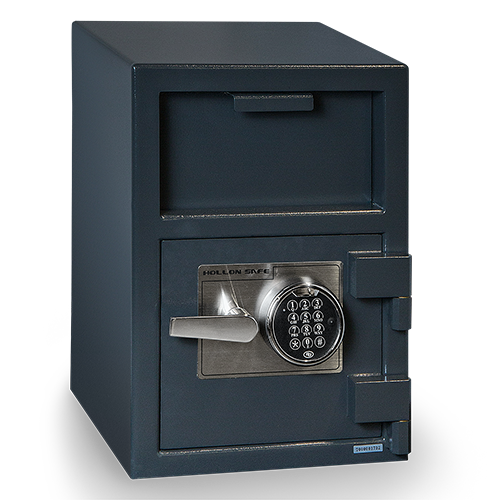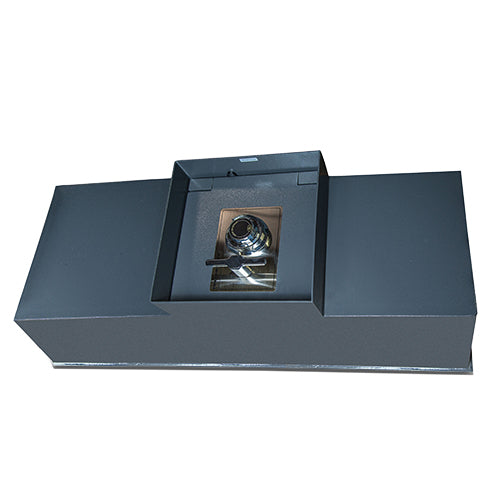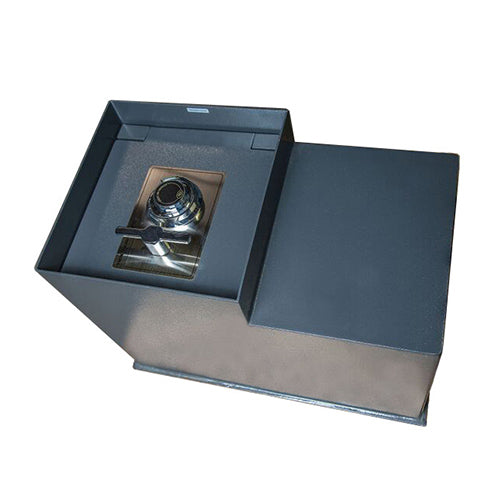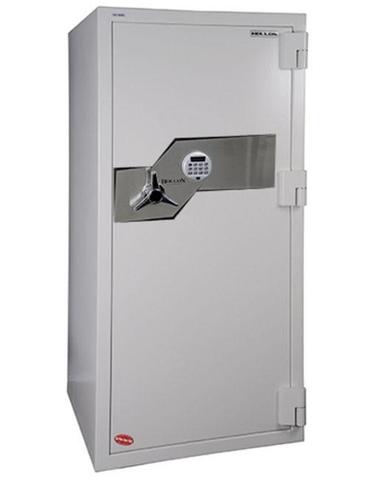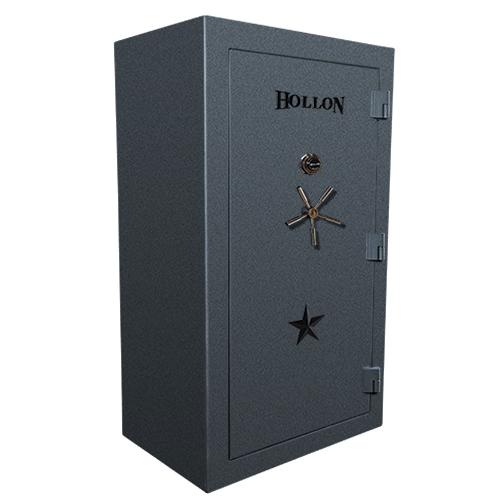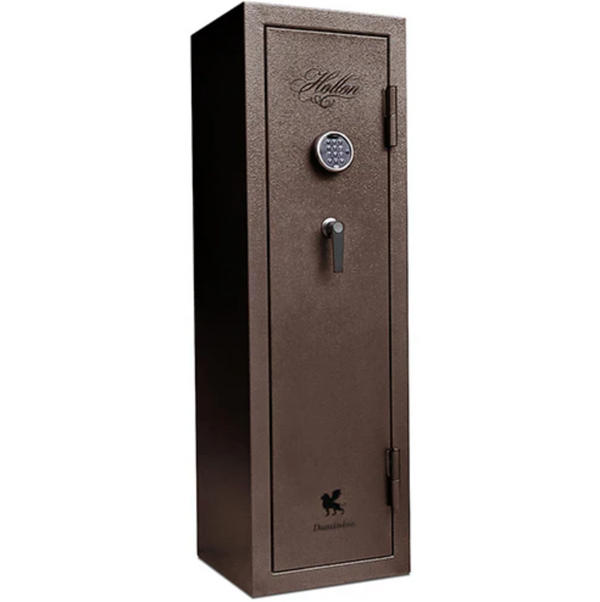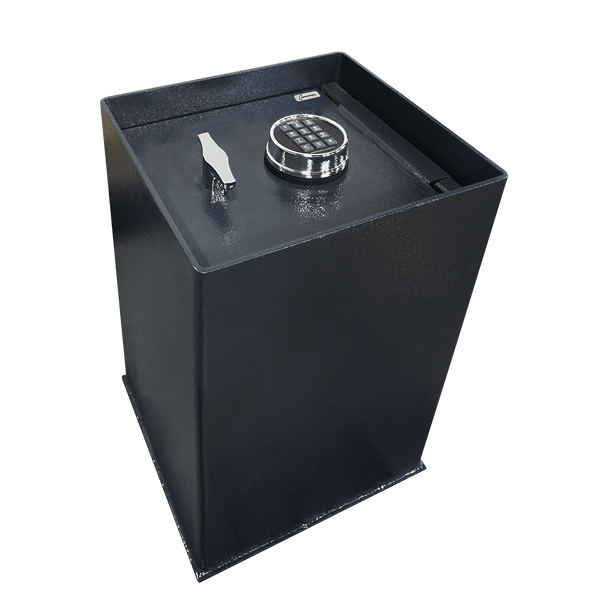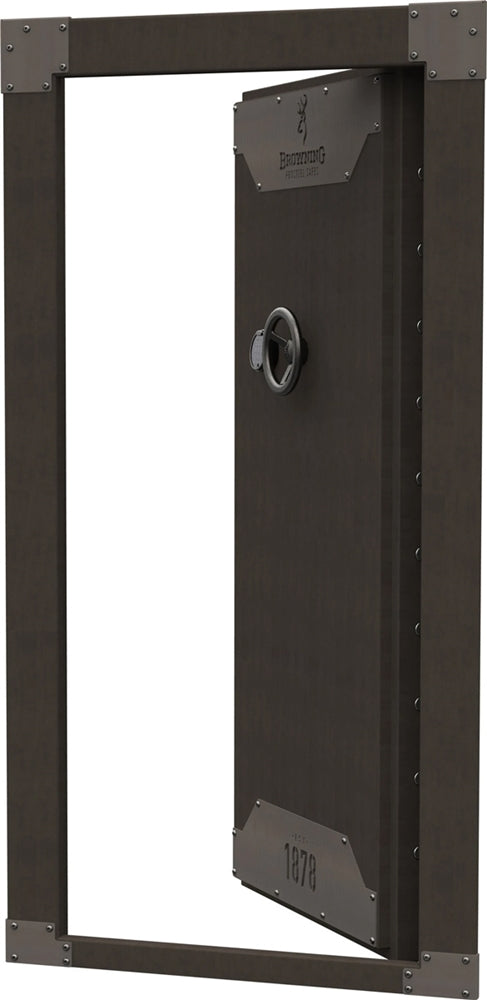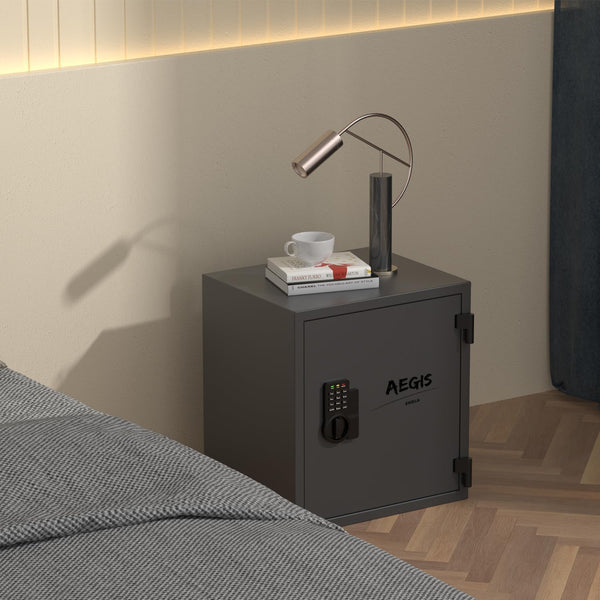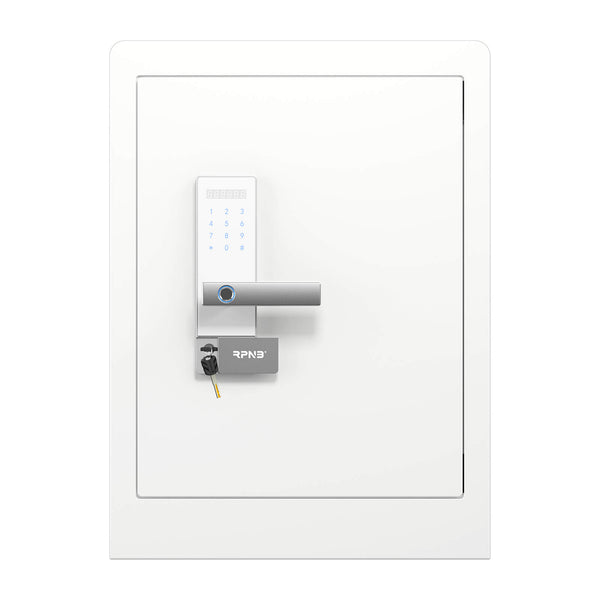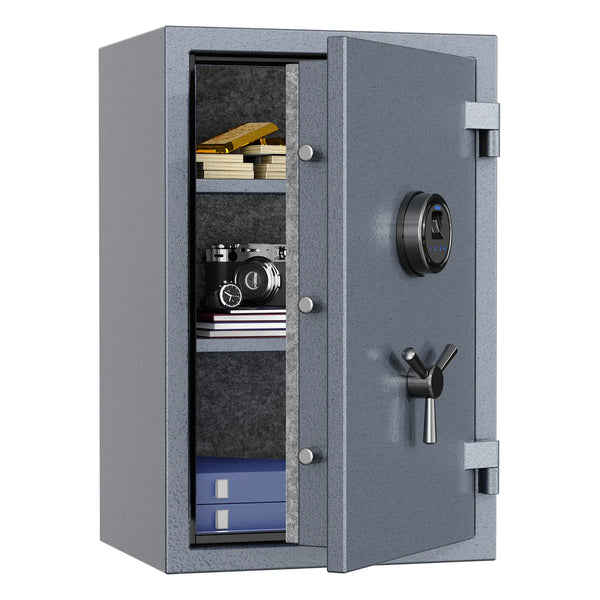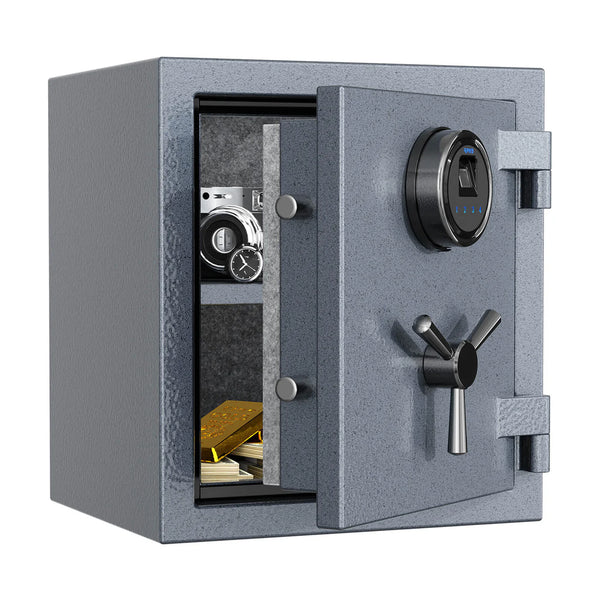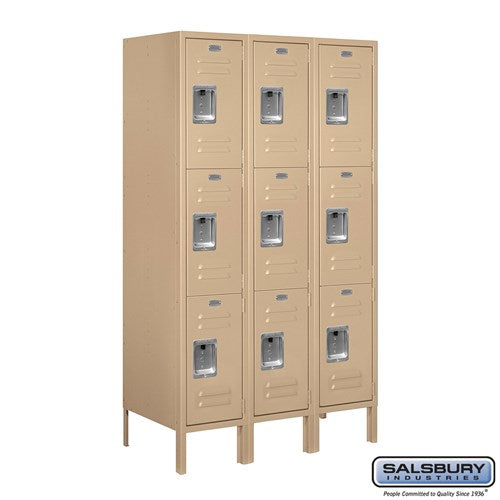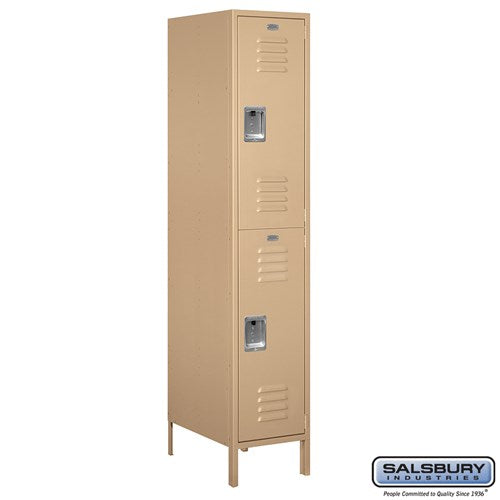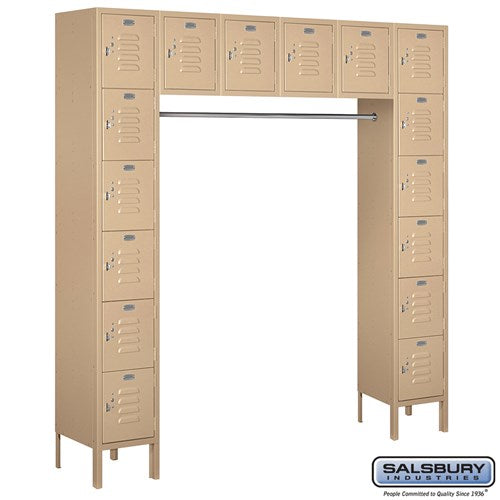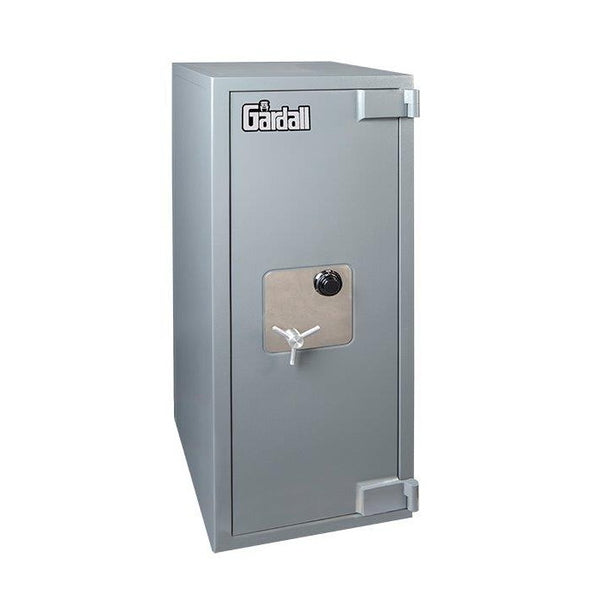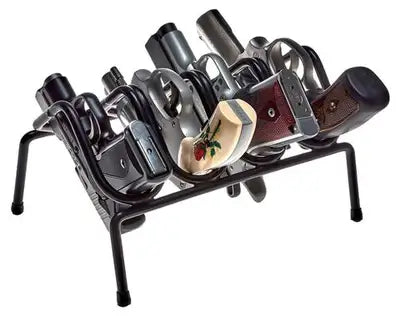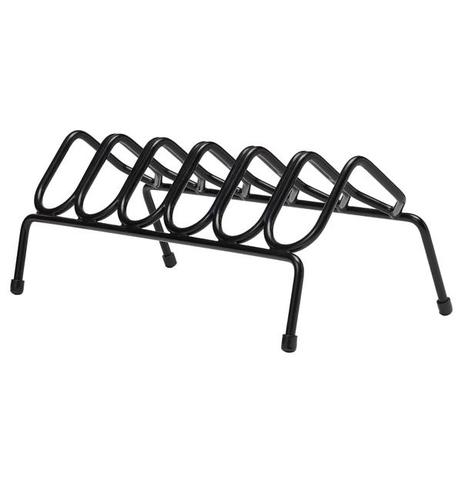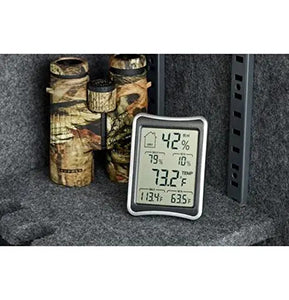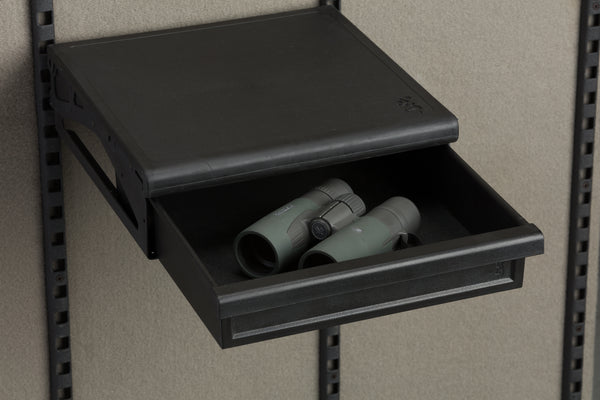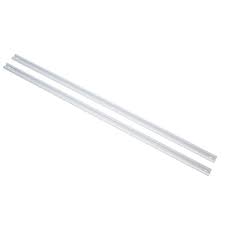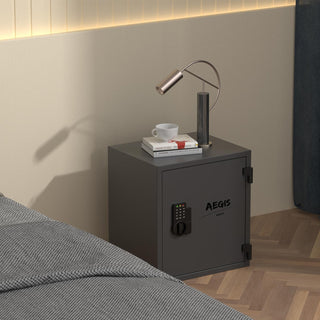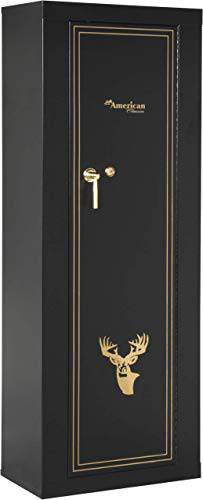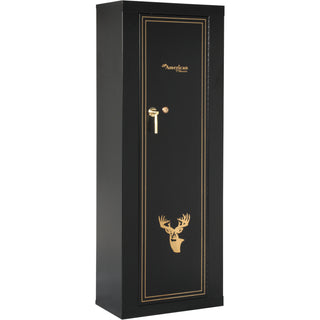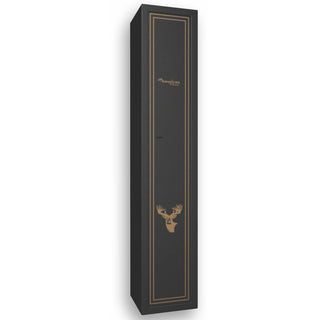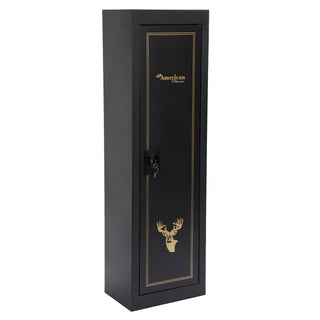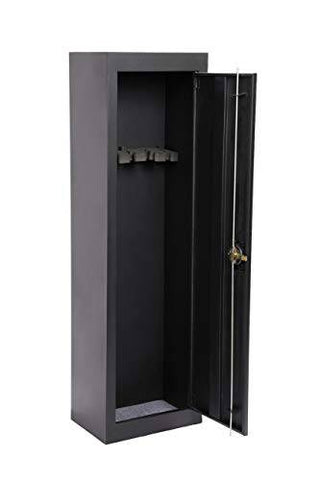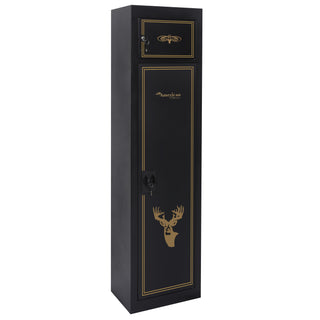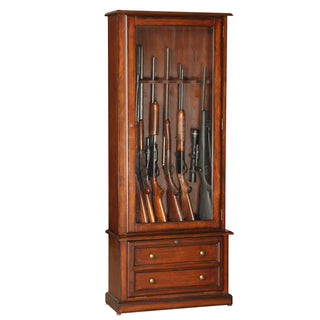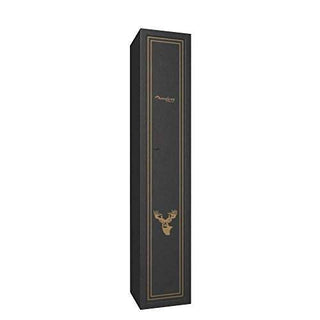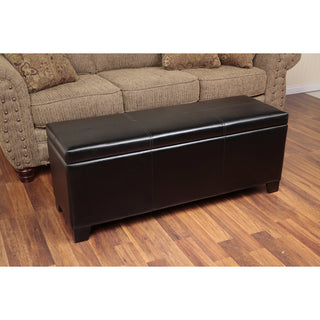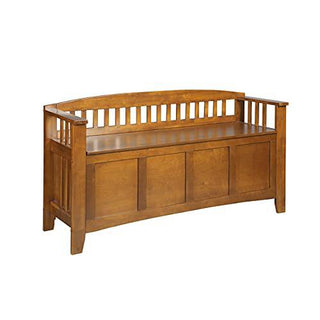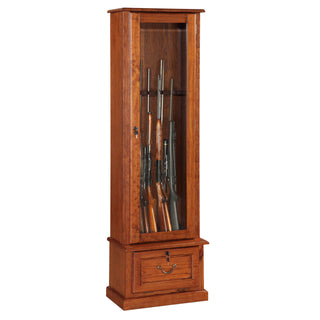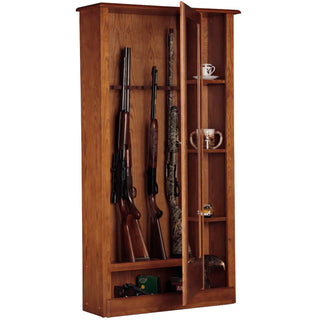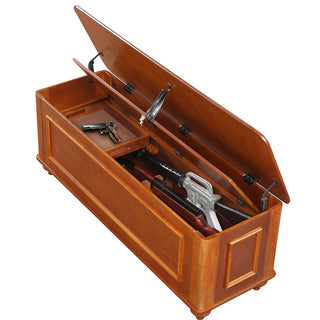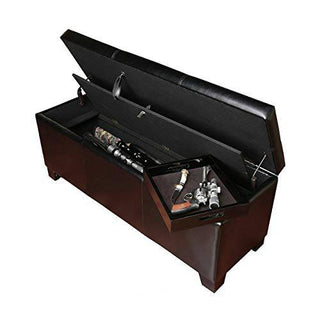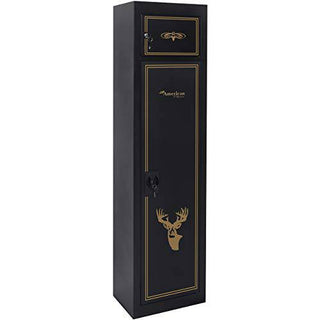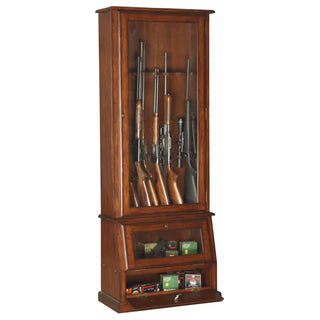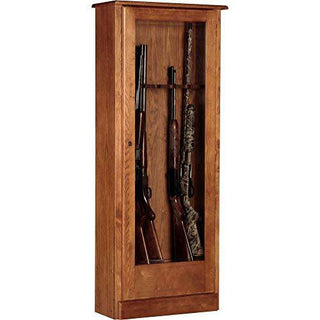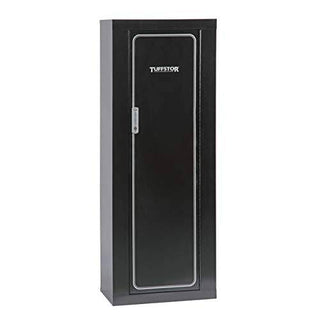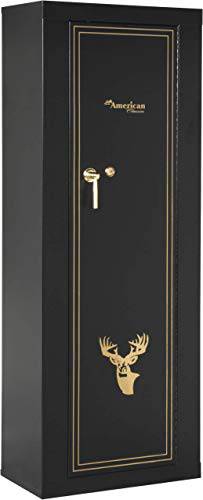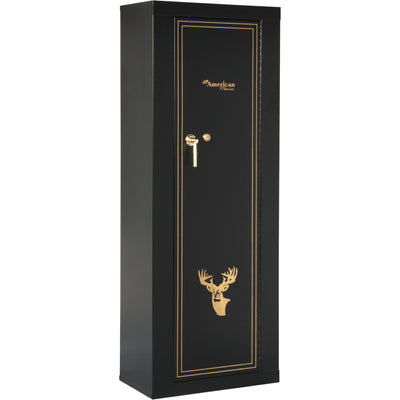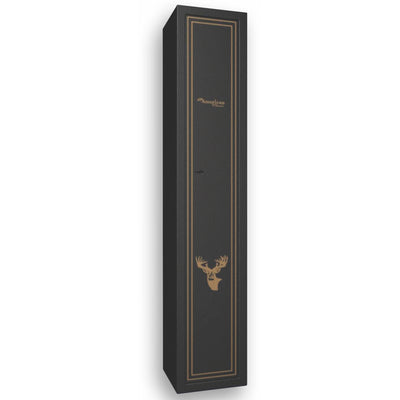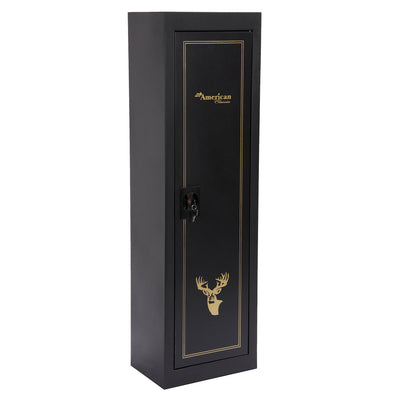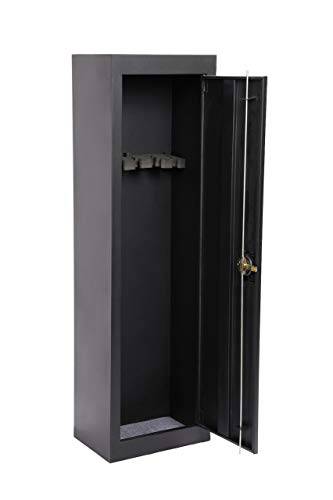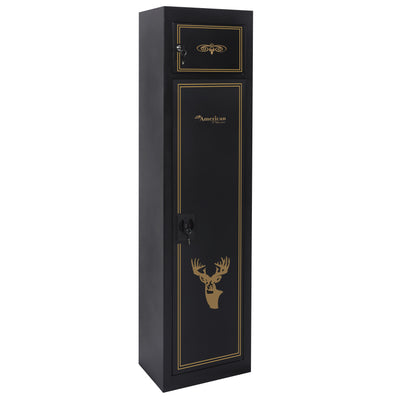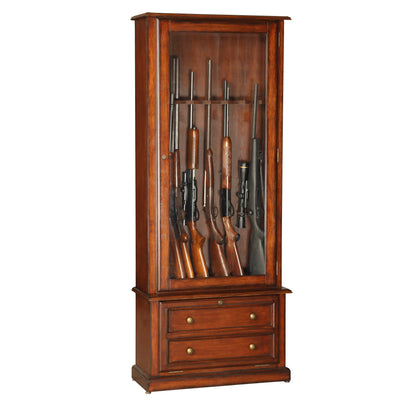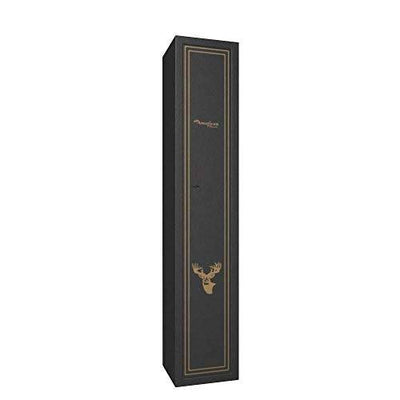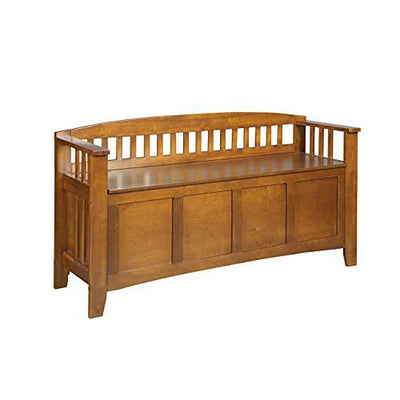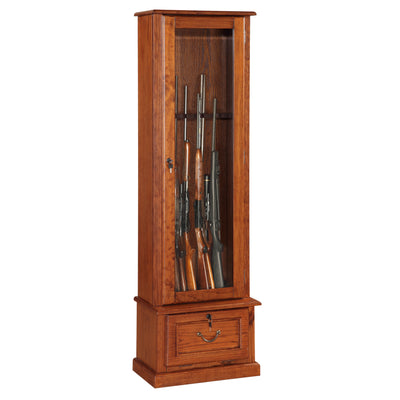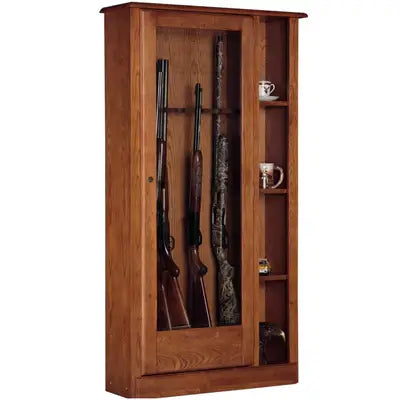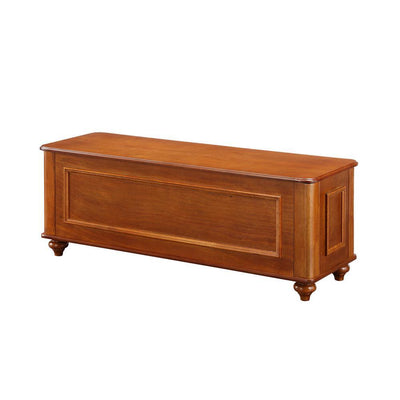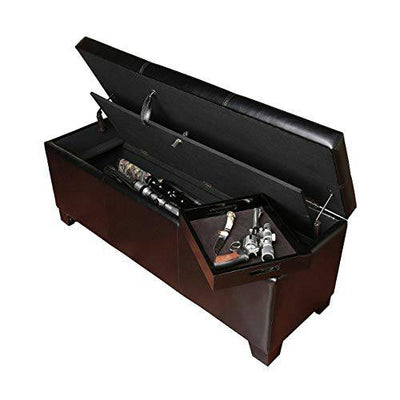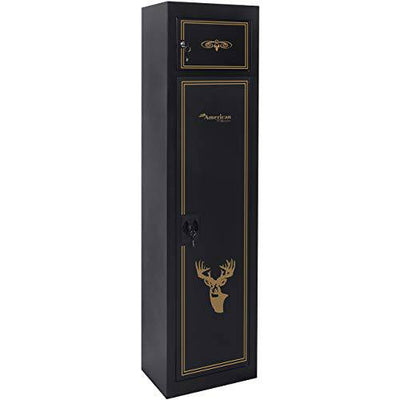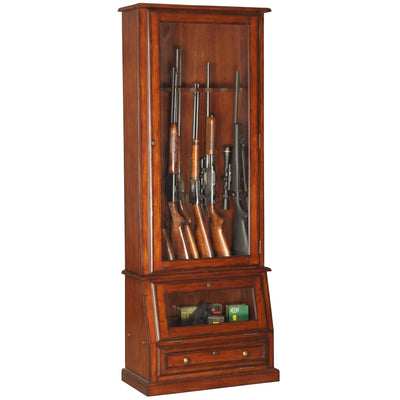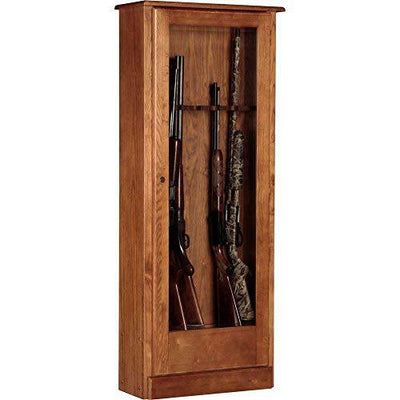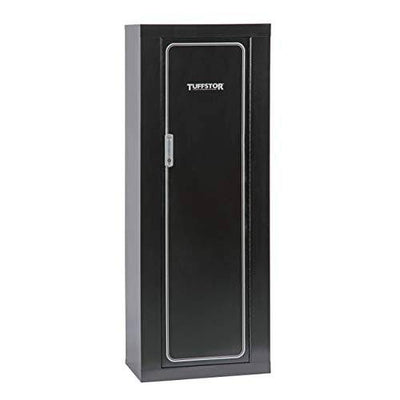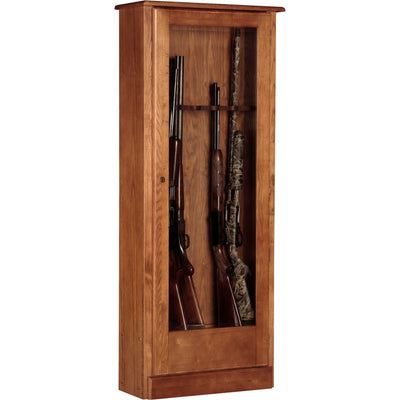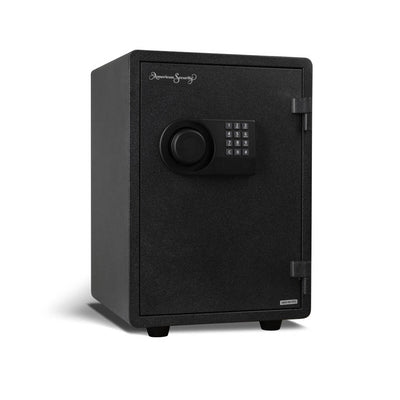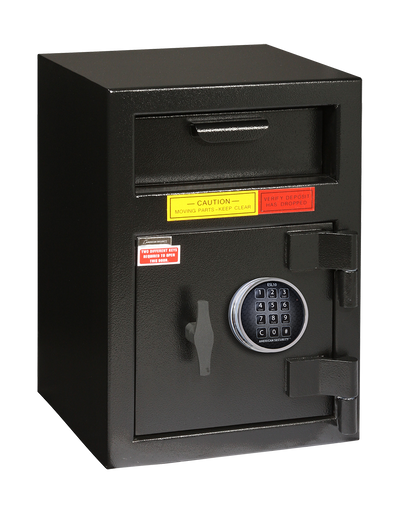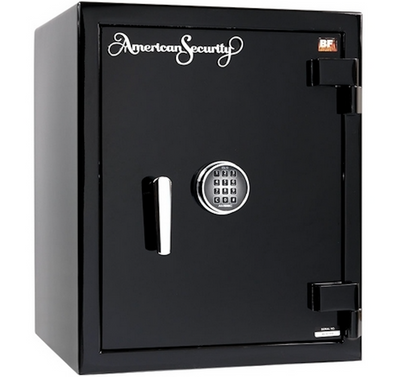Home Safe Buyer's Guide - 15 Questions Customers Ask Us
Worried about protecting your most valuable possessions?
Many homeowners make costly mistakes when selecting a safe, leaving their irreplaceable documents, jewelry, and family heirlooms vulnerable to theft, fire, or water damage.
We picked the most frequently asked questions from our customers and other retailers to cut through the confusion, walking you through 15 critical questions that will help you find the ideal home safe, no matter your budget.
You can now sleep better knowing your treasured belongings are secure, accessible, and perfectly protected.
Table of Contents
- What Is the Safe's Size?
- What Security Features Are Essential?
- How Is the Safe Secured?
- What Is the Fire Rating?
- Is Water Resistance Important?
- How Much Does It Weigh?
- What Materials Are Used?
- What Is the Locking Mechanism?
- How Easy Is It to Access?
- What Are the Warranty Options?
- Are There Any Certifications?
- How Much Storage Space Is Needed?
- What Is the Price Range?
- What Is the Brand Reputation?
- Are There User Reviews Available?
- Frequently Asked Questions
15 Buyer Decision Questions of a Buyer of Home Safes
When you're in the market for a home safe, it's crucial to ask yourself key questions that will guide your decision-making process. What size do you need? How secure does it really have to be? Are features like fire and water resistance worth the investment? By addressing these considerations, you can better assess your options. But before you settle on a choice, there are a few more important factors that could impact your decision significantly. Curious about what those are?
What Is the Safe's Size?
When choosing a home safe, size matters more than you might think. You need to consider what you plan to store inside it. If you're safeguarding important documents, jewelry, or firearms, the dimensions must accommodate those items comfortably.
A safe that's too small can lead to overcrowding and potential damage to your valuables.
Also, think about where you'll place the safe. Measure the space to ensure it fits without cramping your home. A larger safe may offer more storage but could be cumbersome in tight spaces.
Balancing capacity with your available area will help you find the perfect fit. Remember, a well-chosen size not only protects your belongings but also enhances your home's organization.
What Security Features Are Essential?
What security features should you prioritize when selecting a home safe? First, consider the locking mechanism. Electronic locks offer quick access, while combination locks provide reliability.
Next, look for pry-resistant doors and reinforced construction to deter intruders. Fire resistance is crucial too; ensure the safe can withstand high temperatures for a specified duration to protect your valuables from fire damage.
Additionally, weigh the importance of water resistance, especially if you live in flood-prone areas.
Finally, check for security ratings from reputable organizations; these ratings can help you gauge the safe's overall security level.
How Is the Safe Secured?
Having identified key security features to look for, it's important to understand how the safe is secured.
First, consider the locking mechanism; you'll want either a combination lock or a digital keypad. Each has its pros and cons, but both provide reliable security.
Next, check the thickness of the safe's door and body—thicker materials generally offer better protection against break-ins.
Additionally, look for bolt work; multiple locking bolts enhance security by anchoring the door tightly.
Finally, assess the safe's mounting options; a safe that can be bolted to the floor or wall adds an extra layer of protection against theft.
What Is the Fire Rating?
While security against theft is crucial, it's equally important to consider the fire rating of your home safe.
Fire ratings indicate how long a safe can withstand extreme temperatures before compromising its contents. When choosing a safe, look for a fire rating that meets your needs; ideally, it should protect against temperatures of at least 1,200°F for a minimum of 30 minutes.
This duration gives you time to escape or for firefighters to control the blaze. Remember, not all safes are created equal; some may claim fire resistance but lack proper certification.
Check for UL (Underwriters Laboratories) ratings to ensure you're making a safe investment. Prioritizing fire protection alongside theft security can safeguard your valuables effectively.
Is Water Resistance Important?
Is water resistance really a necessity for a home safe? It depends on your specific needs and environment.
If you live in an area prone to flooding, heavy rainfall, or water damage from firefighting efforts, investing in a water-resistant safe could be crucial. This feature protects your valuables, documents, and electronics from water exposure, which can cause irreversible damage.
Even if your home isn't at risk, consider the potential for leaks or plumbing issues that could lead to unexpected water exposure. A water-resistant safe gives you peace of mind, knowing your belongings are safeguarded from such risks.
Ultimately, think about your lifestyle and surroundings to determine if water resistance is an essential feature for your home safe.
How Much Does It Weigh?
How much a home safe weighs can significantly impact your decision-making process. Heavier safes tend to offer better security, as they're harder to move or steal.
If you're considering placing your safe on an upper floor or in a tight space, weight becomes crucial. A lighter safe might be easier to handle, but it could compromise your security.
You'll also want to think about your flooring and the structural support in your home. Make sure it can handle the weight without risk of damage.
Ultimately, balance your need for security with practical considerations regarding where you plan to put the safe. Knowing how much it weighs helps you make an informed choice that fits your lifestyle and home environment.
What Materials Are Used?
When selecting a home safe, the materials used in its construction play a crucial role in determining its overall security and durability.
Most safes are made from heavy-duty steel, which offers excellent resistance against cutting and drilling attempts. Look for safes with a thicker steel gauge, as this enhances strength.
Some models use composite materials, combining steel with fire-resistant materials for added protection against heat. Additionally, the door should be reinforced; a solid steel door provides better security than a hollow one.
What Is the Locking Mechanism?
While choosing a home safe, understanding the locking mechanism is vital for ensuring your valuables are well-protected. Various types of locks are available, each offering different levels of security.
You'll often encounter key locks, which are straightforward but may be less secure if someone gets hold of your key. Combination locks provide a higher level of security; however, they require memorization.
Digital locks offer convenience and quick access but depend on battery life and can be vulnerable to hacking. Biometric locks, using fingerprints, are becoming popular for their advanced security features.
Assess your needs and choose a mechanism that balances security and convenience, ensuring you've got peace of mind when it comes to protecting your valuables.
How Easy Is It to Access?
Have you considered how quickly you can access your safe in an emergency? The ease of access is crucial, especially when you need important documents or valuables.
Think about the lock type—can you open it quickly, or does it require a long code? Biometric locks can be a great option since they allow for fast access with just a fingerprint.
Also, consider the placement of your safe. If it's hidden away in a closet, will you be able to reach it swiftly?
Practicing your access method can help. Ensure that everyone who might need to use the safe knows how to operate it.
In emergencies, time is of the essence, so make sure accessing your safe is as easy as possible.
What Are the Warranty Options?
What warranty options are available for your home safe? Most manufacturers offer a variety of warranties, typically ranging from one year to a lifetime.
A standard warranty usually covers defects in materials and workmanship, ensuring your safe operates as intended. Some brands might provide additional coverage for fire and water damage, which can be crucial for protecting your valuables.
When considering a warranty, pay attention to the terms and conditions. It's essential to know what's included and excluded.
Also, check if there are any requirements for maintenance or registration. A solid warranty offers peace of mind, so don't hesitate to ask questions and clarify any uncertainties before making your purchase.
Your investment deserves protection!
Are There Any Certifications?
How can certifications enhance the security and reliability of your home safe? When you're choosing a home safe, certifications play a crucial role.
Look for safes that have been tested and certified by reputable organizations, such as Underwriters Laboratories (UL) or the American National Standards Institute (ANSI). These certifications ensure the safe meets specific standards for fire resistance, burglary protection, and overall durability.
A certified safe not only offers peace of mind but also confirms that your investment is built to withstand threats.
You'll want to verify the certification labels and understand what they mean. Investing in a certified home safe can significantly enhance your security, ensuring that your valuables remain protected against theft and fire damage.
How Much Storage Space Is Needed?
Determining the right amount of storage space for your home safe can feel daunting. Start by assessing what you plan to store. Are you securing important documents, jewelry, or firearms? Each item has different space requirements.
Next, consider the volume of items you want to protect. It's wise to choose a safe with a bit of extra space to accommodate future purchases or important additions.
Think about the safe's dimensions, too. You'll want to ensure it fits in your designated area while still providing adequate room for access.
Lastly, remember that organization matters. Using storage bins or dividers inside the safe can maximize the space and keep everything easily accessible.
Prioritizing your needs will help you find the perfect fit.
What Is the Price Range?
Choosing the right home safe involves not only understanding your storage needs but also considering your budget.
Home safes come in a wide price range, typically starting around $50 for smaller, basic models. Mid-range options can cost between $150 to $500, offering better security features and larger capacities.
If you're looking for high-end safes with advanced locking mechanisms, fireproofing, and increased weight for added security, prices can soar to $1,000 or more.
It's essential to assess your specific requirements, as overspending can strain your finances, while underspending might compromise your security.
Set a clear budget before shopping, and remember that investing in a quality safe is a smart decision for protecting your valuables.
What Is the Brand Reputation?
Brand reputation plays a crucial role in your decision-making when selecting a home safe. You want to choose a brand known for reliability, quality, and security. A reputable brand often reflects years of experience, customer satisfaction, and adherence to safety standards.
When you consider a brand with a strong reputation, you're more likely to feel confident in the protection your safe offers. Additionally, well-regarded brands often provide better warranties and customer support, ensuring peace of mind in case issues arise.
Are There User Reviews Available?
User reviews can provide valuable insights into the performance and reliability of home safes. When you're considering which safe to buy, checking reviews from actual users can help you gauge how well a product stands up to its claims.
You'll find feedback on everything from ease of use and installation to how well the safe protects against theft or fire.
Look for patterns in the reviews—if multiple users mention a specific issue, it's worth taking seriously. Don't just rely on star ratings; read the comments for detailed experiences.
Also, pay attention to reviews from verified purchases to ensure authenticity. Ultimately, user reviews can guide you in making a more informed decision about which home safe best fits your needs.
Frequently Asked Questions
What Is the Estimated Lifespan of a Home Safe?
The estimated lifespan of a home safe typically ranges from 10 to 20 years, depending on the materials and usage.
Regular maintenance and proper placement can help extend its effectiveness and durability over time.
Can I Install the Safe Myself?
Yes, you can install the safe yourself if you have the right tools and follow the manufacturer's instructions.
Just make sure you secure it properly to ensure maximum safety and effectiveness in protecting your valuables.
What Is the Return Policy for Home Safes?
You should check the retailer's website for their specific return policy on home safes.
Most places allow returns within a certain timeframe, but some may have restocking fees or restrictions.
Always read the fine print!
Are There Eco-Friendly Safe Options Available?
Yes, there are eco-friendly safe options available.
Many manufacturers use sustainable materials and environmentally friendly practices.
You should look for certifications or inquire about the materials used to ensure you're making a responsible choice.
How Do I Maintain My Home Safe?
To maintain your home safe, regularly check the locking mechanism and hinges for smooth operation.
Keep it dry and dust-free, and avoid placing heavy items on top.
Lastly, ensure you have a backup key stored securely.









